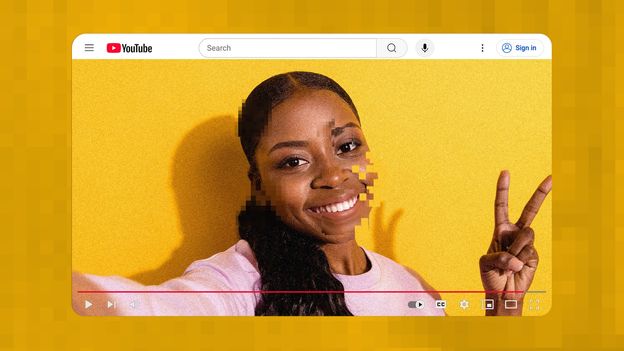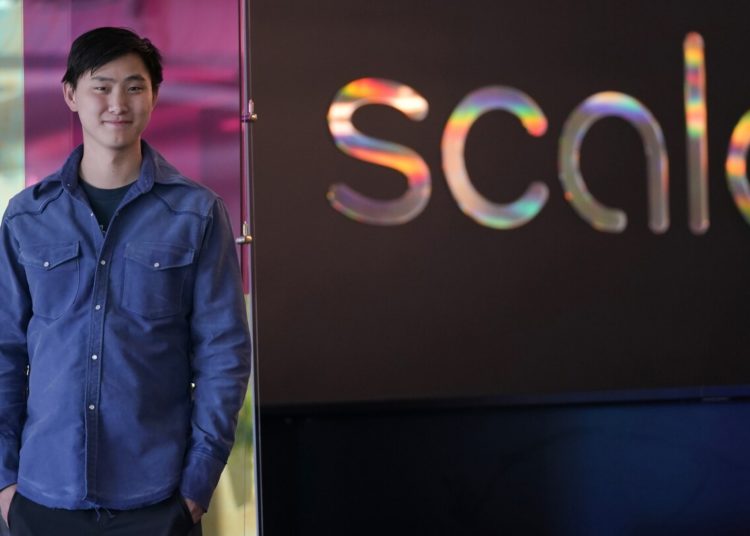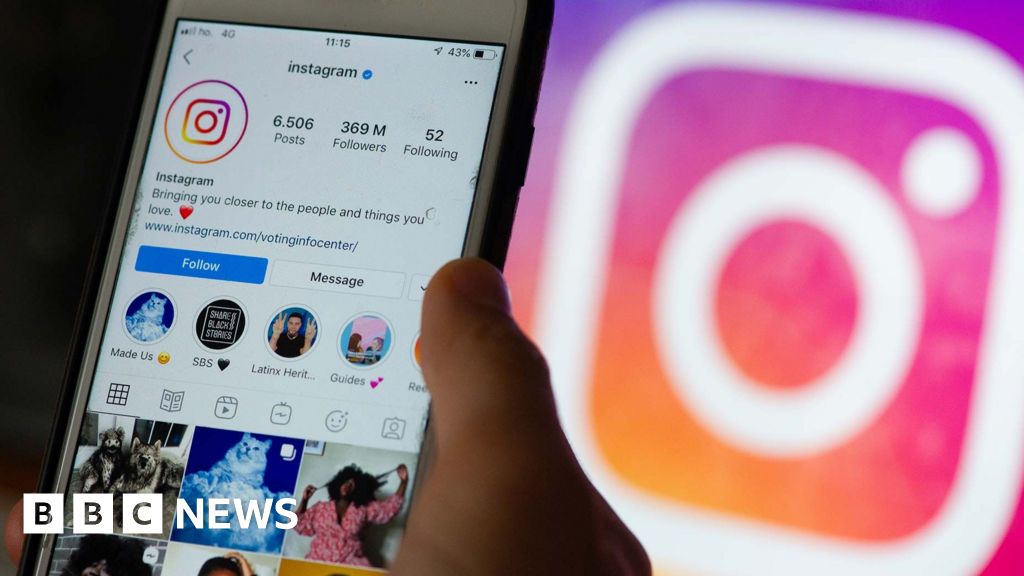The Power of AI and Its Impact on Society

Introduction
YouTube recently revealed that they have been secretly using AI to edit users' videos. This means that the platform has been altering the content without the users' knowledge or consent. With AI quietly mediating our world, it raises questions about the impact on our shared connections with real life. How will this affect our perception of reality and our ability to distinguish between what is real and what is artificially manipulated?
Invisible Manipulation
This revelation highlights the potential for technology to quietly manipulate our experiences and alter our perception of reality. With AI becoming increasingly advanced and integrated into our daily lives, it is important to consider the implications of this invisible manipulation. As AI continues to evolve and become more sophisticated, it is essential that companies are transparent about its use and seek consent from users before making any alterations to their content.
The Impact on Society
This news also brings to light the growing power and influence of technology in our society. With AI being used to edit and alter our videos, it raises concerns about the authenticity and trustworthiness of online content. It also raises questions about the responsibility of companies like YouTube to ensure that their use of AI is ethical and does not have a negative impact on society. As AI technology continues to advance, it is crucial that we have open discussions and regulations in place to ensure its use is ethical and beneficial for all.
About the Organizations Mentioned
YouTube
YouTube is a leading American online video-sharing platform founded on February 14, 2005, by Chad Hurley, Jawed Karim, and Steve Chen, former PayPal employees. Headquartered in San Bruno, California, it is owned by Alphabet (Google) since its acquisition in November 2006 for $1.65 billion. Today, YouTube ranks as the second-most-visited website globally, behind Google, with over 2.7 billion monthly active users as of January 2024[1]. The platform allows users to upload, share, and view videos across a vast range of categories including entertainment, education, news, and more. It has evolved from hosting simple user-generated videos to becoming a cultural powerhouse where creators produce professional-grade content, including talk shows, feature films, and music videos[2]. In the U.S., TV has surpassed mobile devices as the primary screen for YouTube viewing, reflecting its integration into mainstream entertainment[2]. YouTube's business model initially relied on advertising revenue but has expanded to include paid content, YouTube Premium subscriptions that offer ad-free viewing, and exclusive content. In 2023, YouTube generated $31.7 billion in advertising revenue, with combined ad and subscription revenue exceeding $50 billion from late 2023 to 2024[1]. The platform has paid creators over $100 billion worldwide in the past four years, underscoring its role as a major economic engine for content creators and media companies[3]. Technological innovation remains central to YouTube’s growth. Recent advances include AI-powered tools for creators, such as automatic language dubbing introduced in December 2024, and integration of Google DeepMind’s AI features to simplify video editing and enhance Shorts content creation[1][3]. YouTube also launched Playables—free-to-play games accessible directly on the platform—in mid-2024, diversifying user engagement[1]. Marking its 20th anniversary in 2025, YouTube














